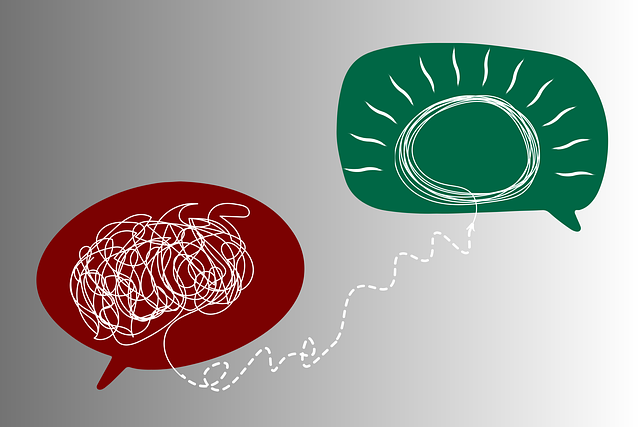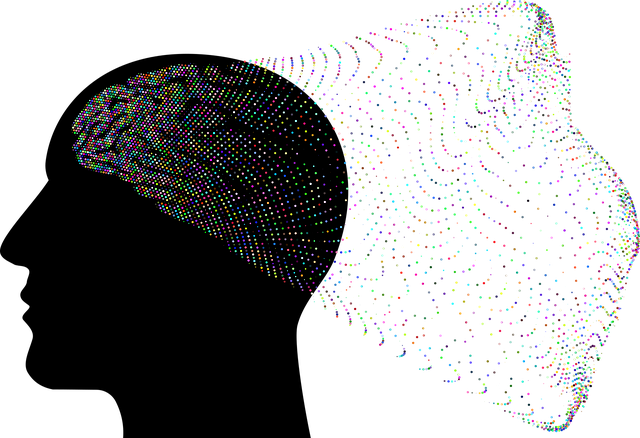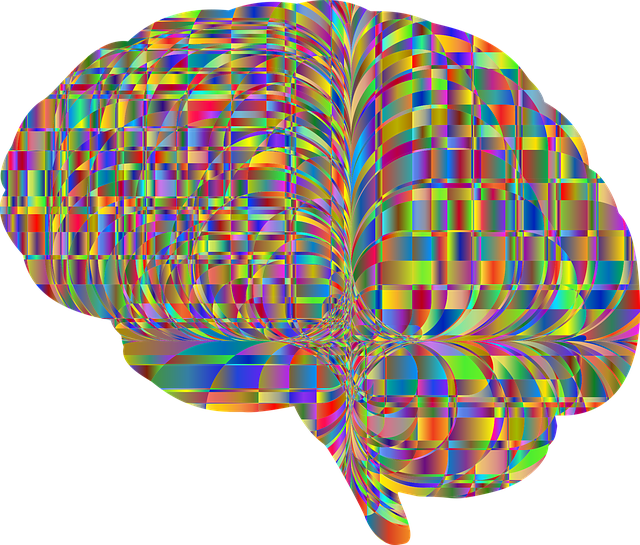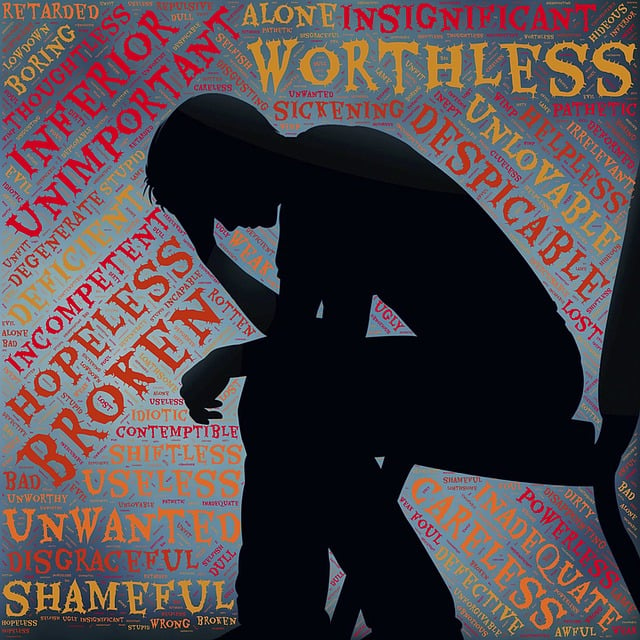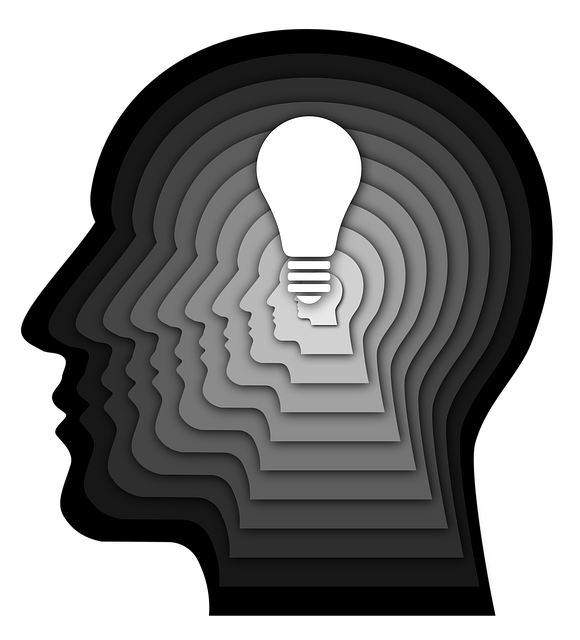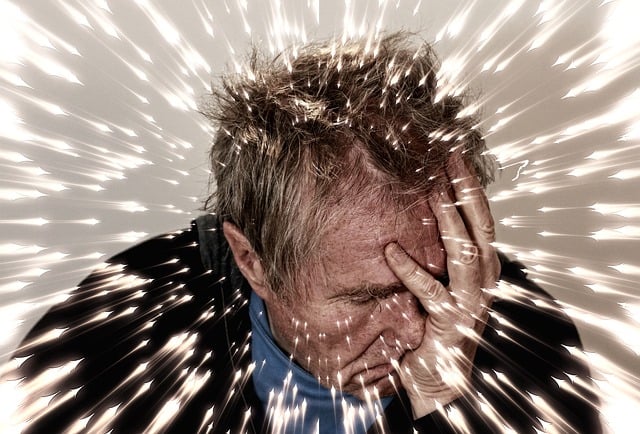Understanding mood regulation is key to addressing the unique challenges faced by elderly men due to physical health, cognitive function, and social connections. Effective strategies like empathy building and stress management workshops, along with Cognitive-Behavioral Therapy (CBT), significantly enhance mental health outcomes for this population. Organizations providing therapy for elders' men's issues must incorporate risk assessment practices and alternative approaches like mindfulness and social engagement to promote positive emotional regulation in an aging population.
Mood regulation is a critical aspect of mental health, especially for elderly men, who may face unique challenges. This article explores various strategies to manage and enhance mood in this demographic, focusing on Cognitive-Behavioral Therapy (CBT) as a proven effective tool. We delve into alternative approaches like mindfulness, social engagement, and lifestyle modifications, offering a comprehensive guide to address the specific emotional well-being needs of elderly men through tailored therapy for their issues.
- Understanding Mood Regulation and Its Significance for Elderly Men
- Cognitive-Behavioral Therapy (CBT): A Powerful Tool for Mens Emotional Well-being
- Alternative Approaches: Mindfulness, Social Engagement, and Lifestyle Modifications for Effective Mood Management
Understanding Mood Regulation and Its Significance for Elderly Men

Understanding mood regulation is a key aspect of addressing issues faced by elderly men. As individuals age, they may experience changes in their emotional state, often influenced by physical health, cognitive function, and social connections – all factors that can be unique challenges for older men. Effective mood regulation strategies become essential tools to enhance their overall well-being and quality of life.
The significance of this cannot be overstated, particularly when considering the specific needs of elderly men. Empathy building strategies and stress management workshops specifically tailored for this demographic can significantly improve mental health outcomes. Organizations focused on providing therapy for elders’ men’s issues should also incorporate risk assessment practices for mental health professionals to ensure safe and effective interventions. These measures are vital in addressing potential risks and promoting positive emotional regulation in an aging population.
Cognitive-Behavioral Therapy (CBT): A Powerful Tool for Mens Emotional Well-being

Cognitive-Behavioral Therapy (CBT) has emerged as a powerful tool for addressing men’s emotional well-being, particularly in navigating mental health challenges prevalent among older male populations. This evidence-based approach focuses on identifying and modifying negative thought patterns and behaviors that contribute to distress. By targeting specific issues through structured conversations with a therapist, CBT equips individuals with coping mechanisms to manage mood swings effectively.
The therapy’s effectiveness lies in its ability to enhance self-awareness and foster positive thinking. Through communication strategies tailored to men’s experiences, CBT encourages the development of healthier ways of interpreting situations and responding emotionally. This proactive approach not only improves mental health but also promotes overall well-being, making it a valuable resource for those seeking to reclaim control over their emotional lives in a society where public awareness campaigns are increasingly highlighting the importance of addressing men’s issues beyond physical health.
Alternative Approaches: Mindfulness, Social Engagement, and Lifestyle Modifications for Effective Mood Management

In addition to traditional therapy for elders and men’s issues, there are alternative approaches that can significantly aid in mood regulation. Mindfulness practices have gained substantial recognition as an effective method to manage emotions. Through mindfulness, individuals learn to be present in the moment, observing their thoughts and feelings without judgment, which fosters emotional awareness and equanimity. This technique encourages a non-reactive mindset, enabling people to navigate challenging situations with more composure.
Social engagement is another powerful tool for maintaining mental health. Building and nurturing relationships provide a support system that can buffer against negative moods. Participating in activities that promote social interaction, such as joining community groups or volunteering, can foster a sense of belonging and purpose. Additionally, lifestyle modifications, including regular exercise, adequate sleep, and a balanced diet, play a crucial role in emotional well-being promotion techniques. These simple yet effective changes can significantly impact mood regulation, making them essential components of any holistic therapy program, especially for older adults facing men’s mental health issues.
Mood regulation is a vital aspect of emotional well-being, especially for elderly men. By understanding the significance of maintaining stable moods, we can explore effective strategies such as Cognitive-Behavioral Therapy (CBT) and alternative approaches like mindfulness, social engagement, and lifestyle modifications. These methods offer comprehensive solutions to address mental health issues in this demographic, promoting a better quality of life. For older male individuals seeking therapy, these techniques can be transformative, providing tools to navigate emotional challenges and fostering resilience.
